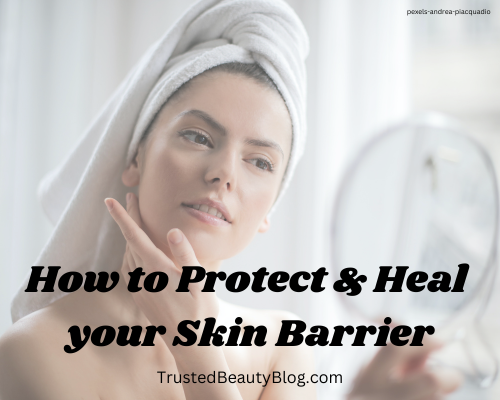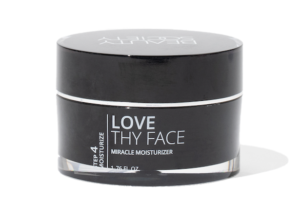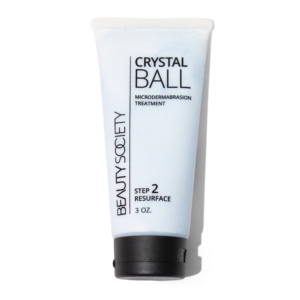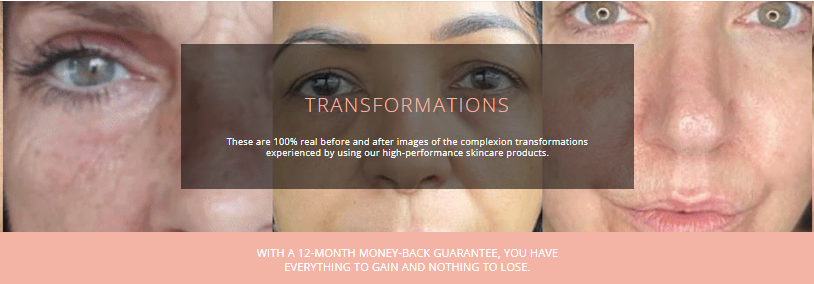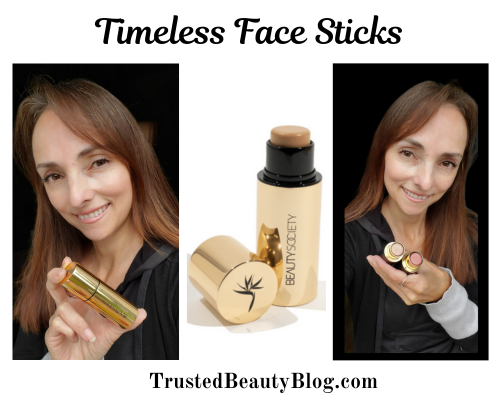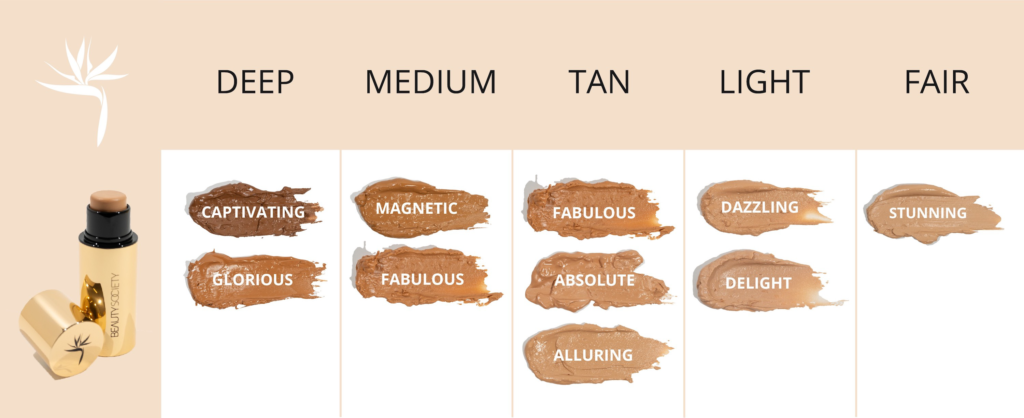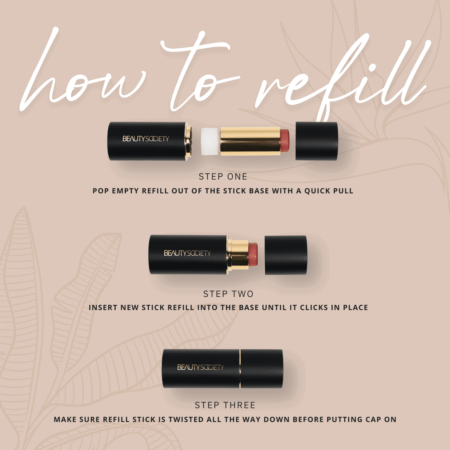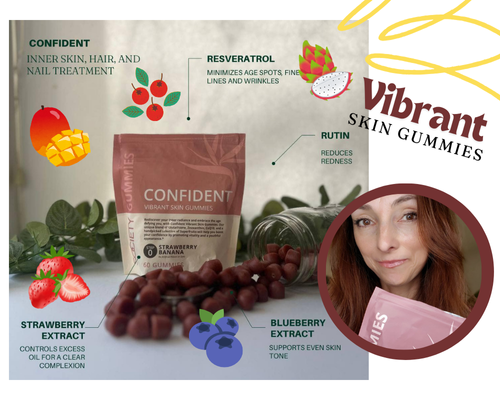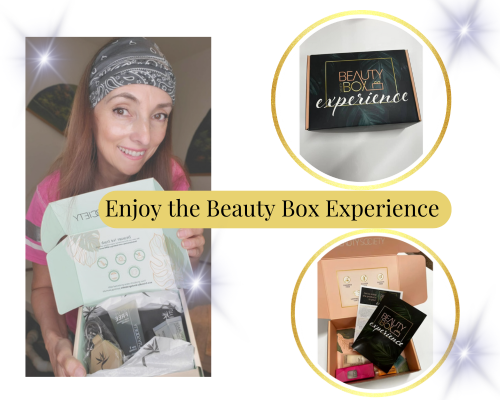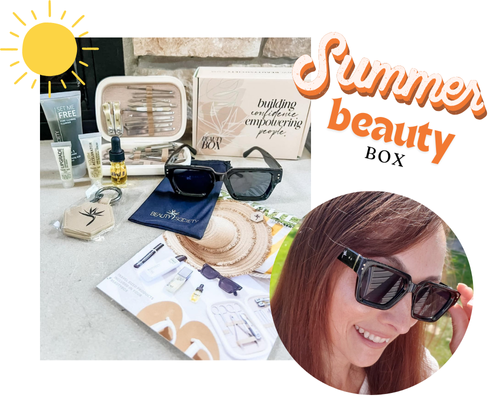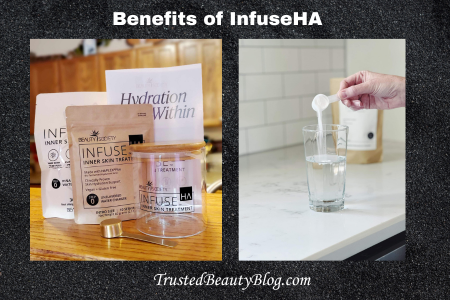
Benefits of InfuseHA
Do you know the benefits of InfuseHA? InfuseHA will be your skins best friend and so much more.
Hyaluronic Acid is naturally produced in our bodies to help retain water and hydrate the skin and body. As we age, our bodies produce less Hyaluronic Acid. That’s where InfuseHA comes in.
WHY HYALURONIC ACID?
Hyaluronic Acid is a naturally occurring polysaccharide molecule in our bodies. Its primary function is to retain water and hydrate the skin and body. As we age, our bodies produce less Hyaluronic Acid, which can reduce the body’s natural ability to retain water; reducing skin elasticity.
Infuse HA uses HAPLEX®Plus, a cutting-edge, high purity, food grade form of Hyaluronic Acid made from the fermentation of bacteria and yeast. This specialized fermentation process results in smaller, potent molecules that are more efficiently absorbed and retained by the skin.
- Increase the skin’s moisture and elasticity
- Prevent signs of aging such as fine lines, wrinkles, and sunspots
- Formulated with a combination of vitamins and minerals to protect and hydrate the skin
What is the benefit of Infuse HA
Clinical studies have shown that daily use of HAPLEX®Plus (the key active ingredient in Infuse HA) increases skin
moisture by 9% after only 45 days and increases skin elasticity by 11% after 180 days. HAPLEX®Plus studies have
also confirmed the increase of Superoxide Dismutase levels in the skin by 9% after 180 days, which prevents signs of aging such as fine lines, wrinkles, and sunspots.
In the same study, HAPLEX®Plus decreased oxidative stress levels by 4% after 180 days (MDA down 4%). Oxidative stress is an imbalance of antioxidants in the body that can lead to cell and tissue damage. Infuse’s continued use works to hydrate and plump your skin while preventing the appearance of future fine lines, wrinkles, and sunspots
Does Infuse HA contain any other vitamins or minerals?
In addition to HAPLEX®Plus (Hyaluronic Acid), Infuse HA is formulated with Vitamin C (Ascorbic Acid), Magnesium
Citrate, Vitamin B3 (Niacinamide), and Vitamin B6 & B12. This combination of these vitamins and minerals, along with HAPLEX®Plus, helps to protect and hydrate the skin.
- Vitamin C – is an antioxidant that works to help fight skin damage and help promote natural collagen
production in the skin. - Niacinamide – builds keratin, which keeps the skin firm and healthy. This ingredient also helps your skin regulate oil production and reduces redness and the appearance of pores.
- Magnesium Citrate – improves mineral absorption, which increases skin hydration and the overall effectiveness of Infuse’s other active ingredients.
Case Studies
A clinical study demonstrated statistically significant results on skin moisture and skin elasticity parameters after
oral intake of our microbial fermented Hyaluronic Acid, HAPLEX®Plus, versus a placebo.
Microbes, bacteria, and yeast have broken down HAPLEX®Plus during the fermentation process, resulting in smaller and more concentrated molecules that are ready to impact the skin. Smaller molecules absorb better and more efficiently.
The fermentation process creates something called postbiotics, which show up in the form of peptides, enzymes, and acids. Postbiotics have anti-inflammatory properties that enhance your skin with a balanced microbiome that calms inflamed skin. Inflammation is the bottom line of aging.
MOISTURE TEST
In the moisture test, the test group took the product for 45 days.
• The skin moisture increased by 9%.
OXIDATIVE STRESS TESTS
In the moisture test, the test group took the product for 180 days.
• The MDA levels (serum malondialdehyde), which are the end product of lipid peroxidation (high oxidation of the
lipids in our skin), decreased by 4%.
• The SOD levels, (Superoxide Dismutase), which is an enzyme that helps break down tissue damaging oxygen
molecules in our skin, went up 9%.
• The GSH-Px levels, (Glutathione Peroxide), which is a cofactor of antioxidant and detoxifying enzymes, went up 4.3%.
WRINKLE TEST
In the moisture test, the test group took the product for 180 days.
• Gross skin elasticity up 7% • Net skin elasticity up 15% • Entire skin elasticity up 11%
What InfuseHA does
HaPlex Plus sodium hyaluronate provides targeted moisture to skin cells and encourages greater elasticity. Vitamin B3 strengthens skin, improves hydration, and helps reverse damage caused by oxidative stress. Reduce redness and inflammation while helping the body fight hormonal imbalances with B6. Also, B12 leaves skin with a healthy glow and can help reverse signs of aging. Magnesium supports the body’s muscular, nervous, digestive, and cardiovascular systems for improved health.
These statements have not been evaluated by the Food and Drug Administration. This product is not intended to diagnose, treat, cure or prevent any disease.
Key Ingredients
HaPlex Plus: This trademarked form of sodium hyaluronate is used because of its purity and potency. It’s formulated to nourish skin, encouraging greater hydration and elasticity. HaPlex Plus is clinically proven to provide results within 45–180 days.
Vitamin B3: Also known as niacinamide, B3 ramps up your skin’s natural defenses. It’s a powerful antioxidant that protects against free radical damage to leave skin looking younger and healthier too.
Vitamin B6: Sometimes called pyridoxine hydrochloride, B6 helps control hormonal imbalances for fewer acne breakouts. It also soothes inflammation and redness.
Vitamin B12: This vitamin, also known as cyanocobalamin, is instrumental in reducing visible signs of aging. It fights dark spots and helps prevent damage that can lead to fine lines and wrinkles.
Magnesium Citrate: A mineral compound, magnesium helps lower cortisol levels in the body and prevent hormone-driven acne breakouts. It’s also used in many products to promote healthy digestion and support the muscular and nervous systems.
How to use InfuseHA
Mix 1 scoop with 8–12 ounces of water or your favorite hot or cold beverage once daily. For the best results, stir the beverage instead of shaking it to prevent clumping.
Lifestyle Tips to Boost HA Levels Naturally
- Stay Hydrated – HA binds to water, so drink plenty of fluids.
- Eat HA-Rich Foods – Bone broth, leafy greens, citrus fruits, and soy-based products help naturally increase HA levels.
- Use HA-Infused Skincare – For extra skin hydration, use a hyaluronic acid serum or moisturizer alongside your supplement.
- Exercise Regularly – Movement encourages HA production in joints, keeping them lubricated and healthy.
Benefits of InfuseHA are seen with results

My skin is GLOWING!
I’ve taken this for the last several weeks, and I am BLOWN away at how many compliments I’ve received on my skin! This product is like the fountain of youth! I’m aging backwards! My skin is hydrated, clear and bright! Call me OBSESSED!! Not to mention it’s so affordable!! I just set up my subscription! I can never run out!
MIND BLOWING!!!!
Holy Hannah…. they said you’ll notice a difference in 3 days… I swear I saw a noticeable difference by afternoon in my skin after taking it my first morning! And my lips are NOT CHAPPED!!! Literally mind blowing! I cannot wait to see what my skin looks like after the first 30 days!
Mind. Blown.
I am a skeptic by nature. SHOCKED to see results in as little as 7 days! This is now a must have, never run out, everyone in the house needs this… product! Can’t wait for my husband to start using.
Mind Blowing!
This is over the top GOOD! My husband noticed a significant improvement in my skin in just 5 days! I started noticing smoother, more hydrated, glowing skin in myself in 11 days! Obsessed with the idea of taking care of your skin from the inside out! Absolutely amazing product!
click HERE to experience the benefits of InfuseHA Now!
Get your starter kit now and get started today. Choose from unflavored, Pina Colada and Berry mixed.
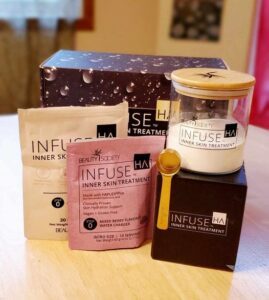
Related Posts
Beauty Society
- Shop Beauty Society Now
- Become a Society+ Member and SAVE
- Enjoy a Curated Beauty Society Box every 3 Months
- Share the Love of Beauty Society and Earn reward points
- Beauty Society Rewards
- Become an Advisor now join My Beauty Society Team



